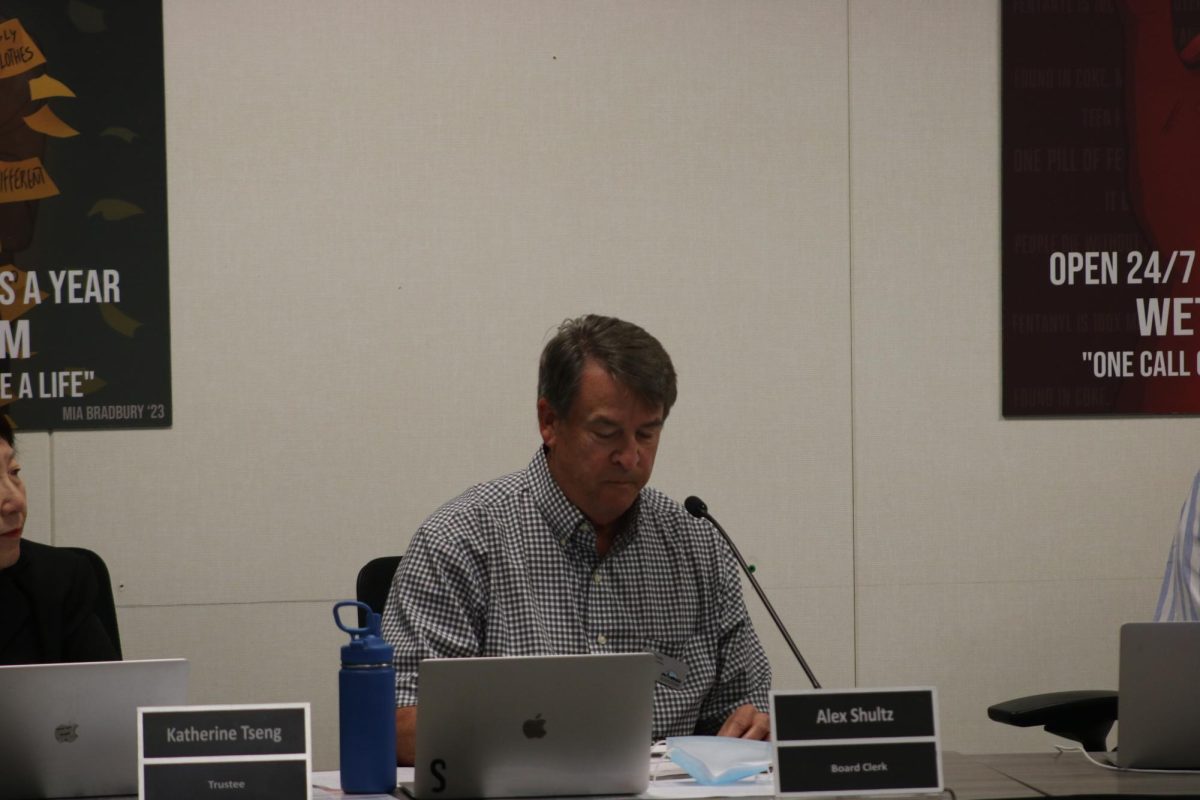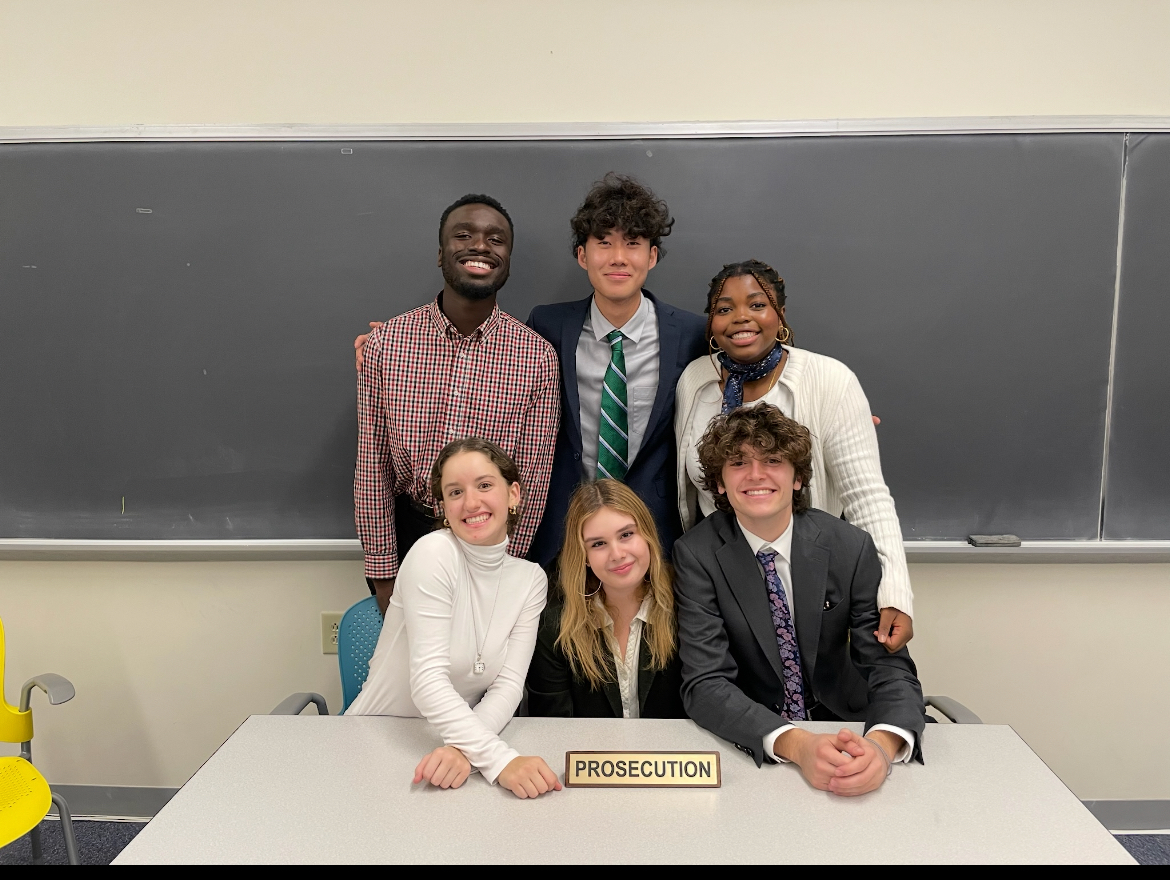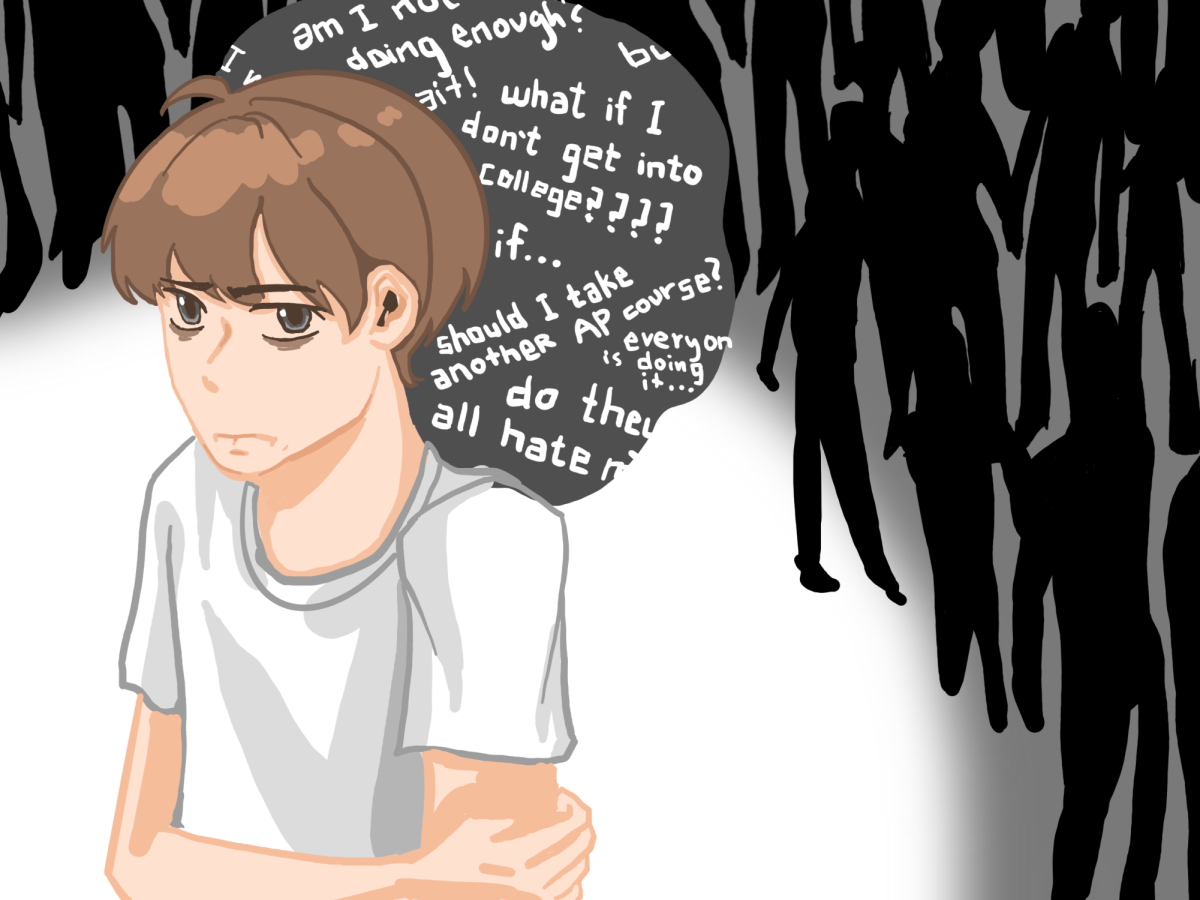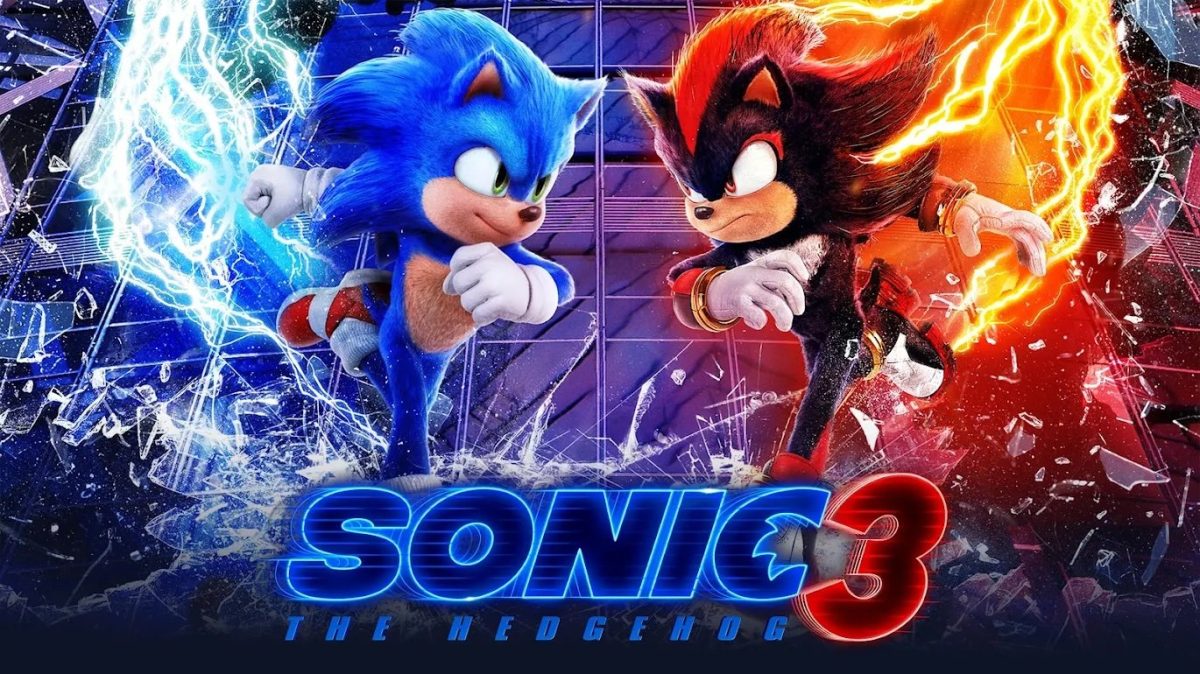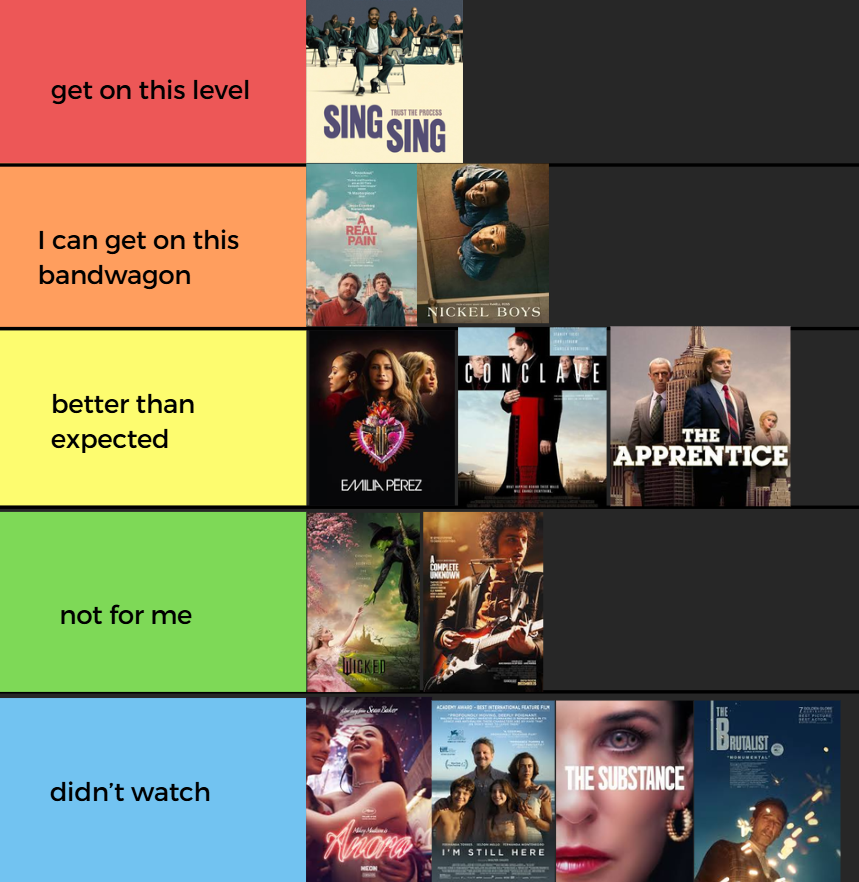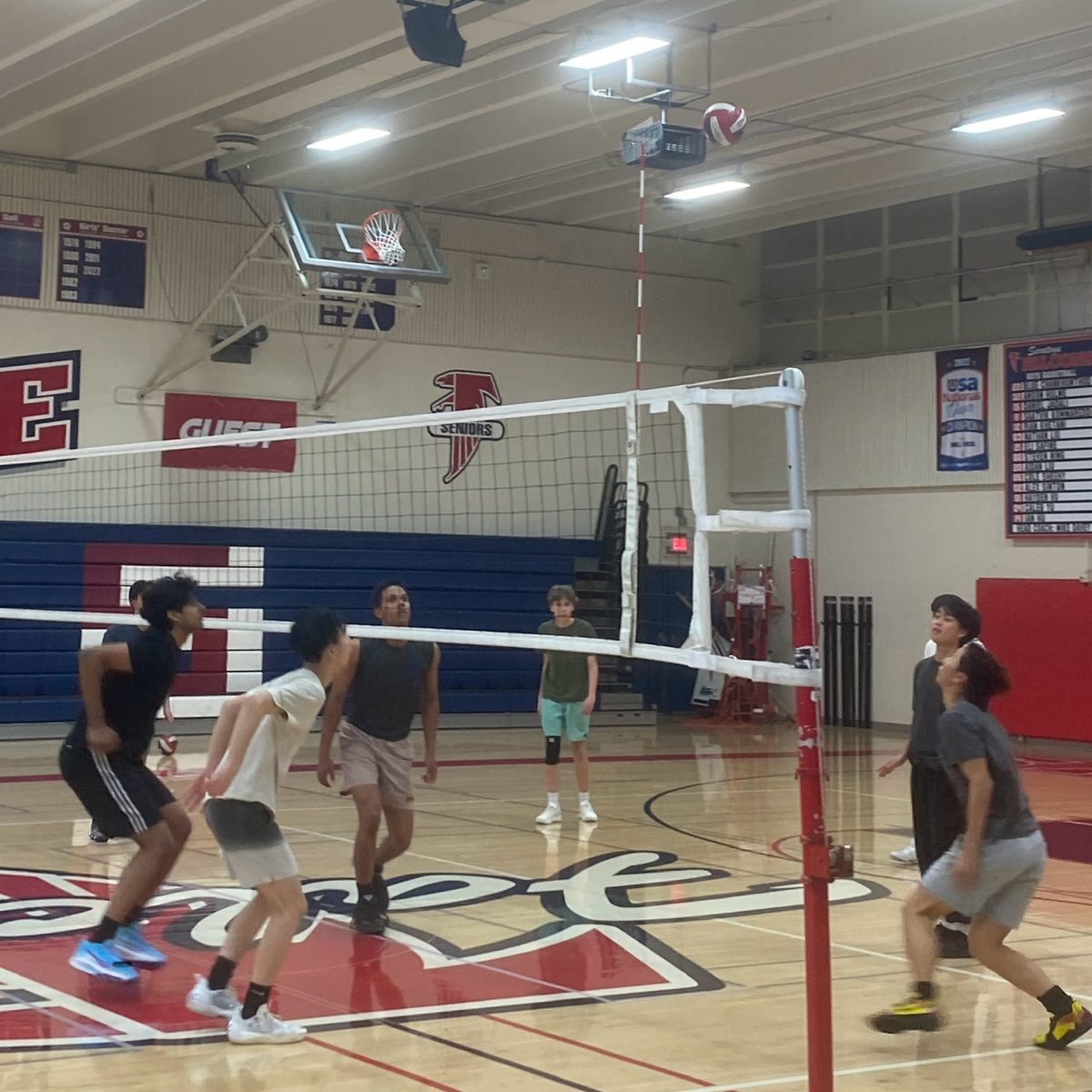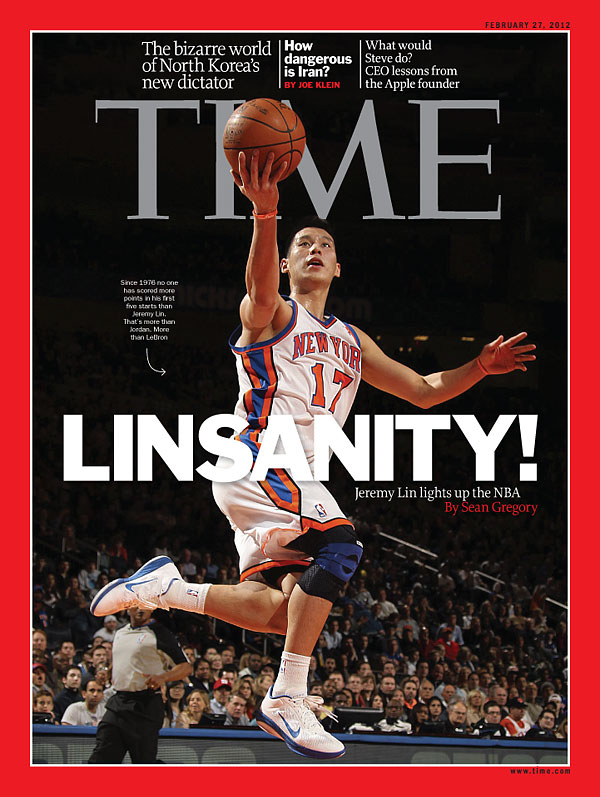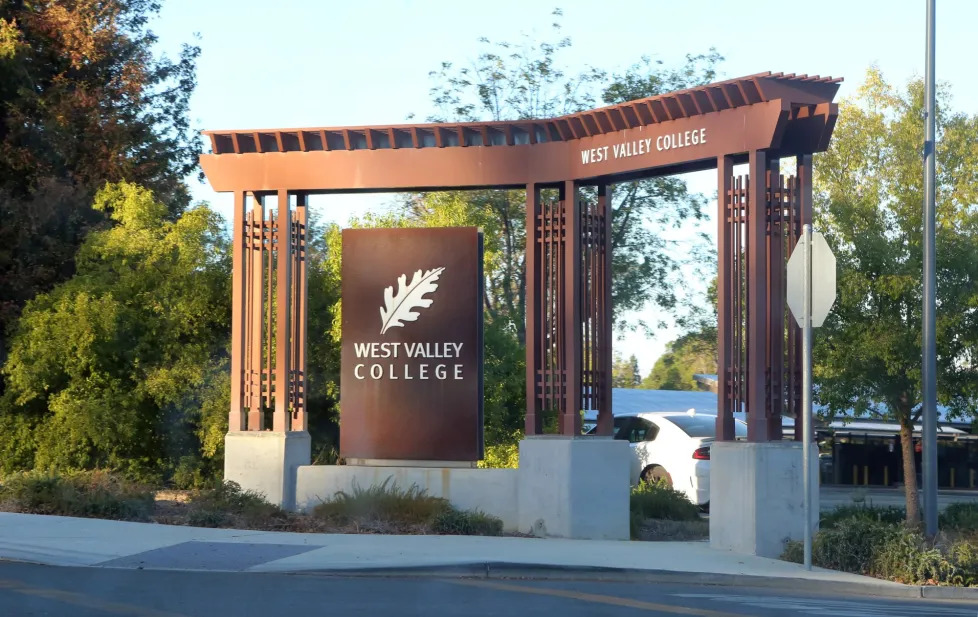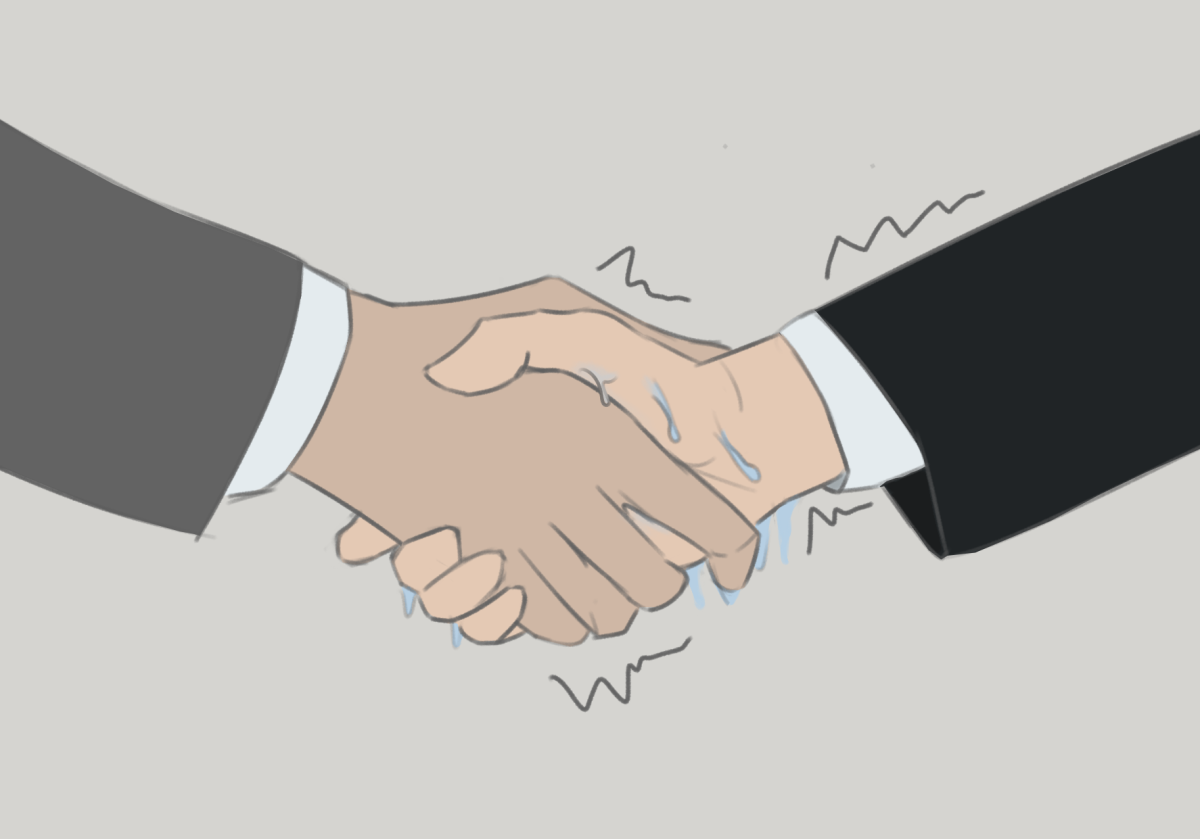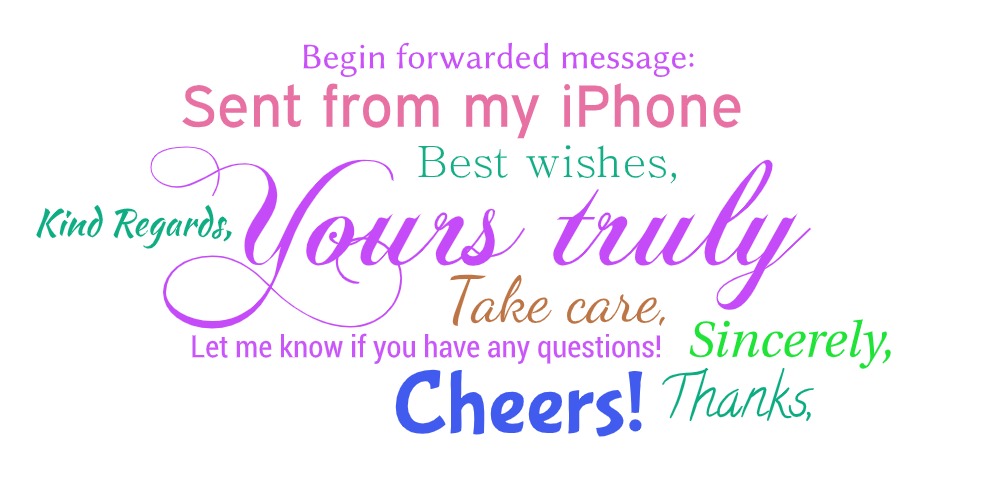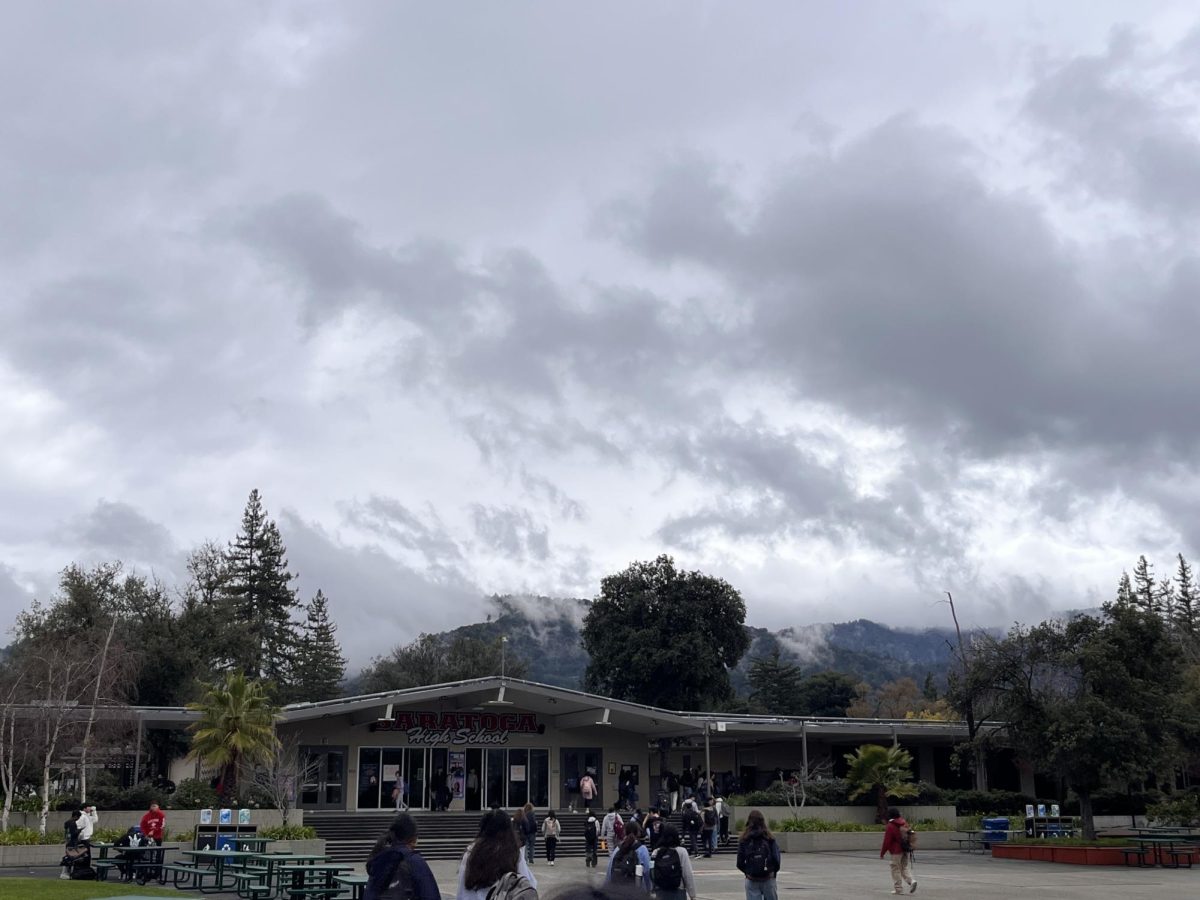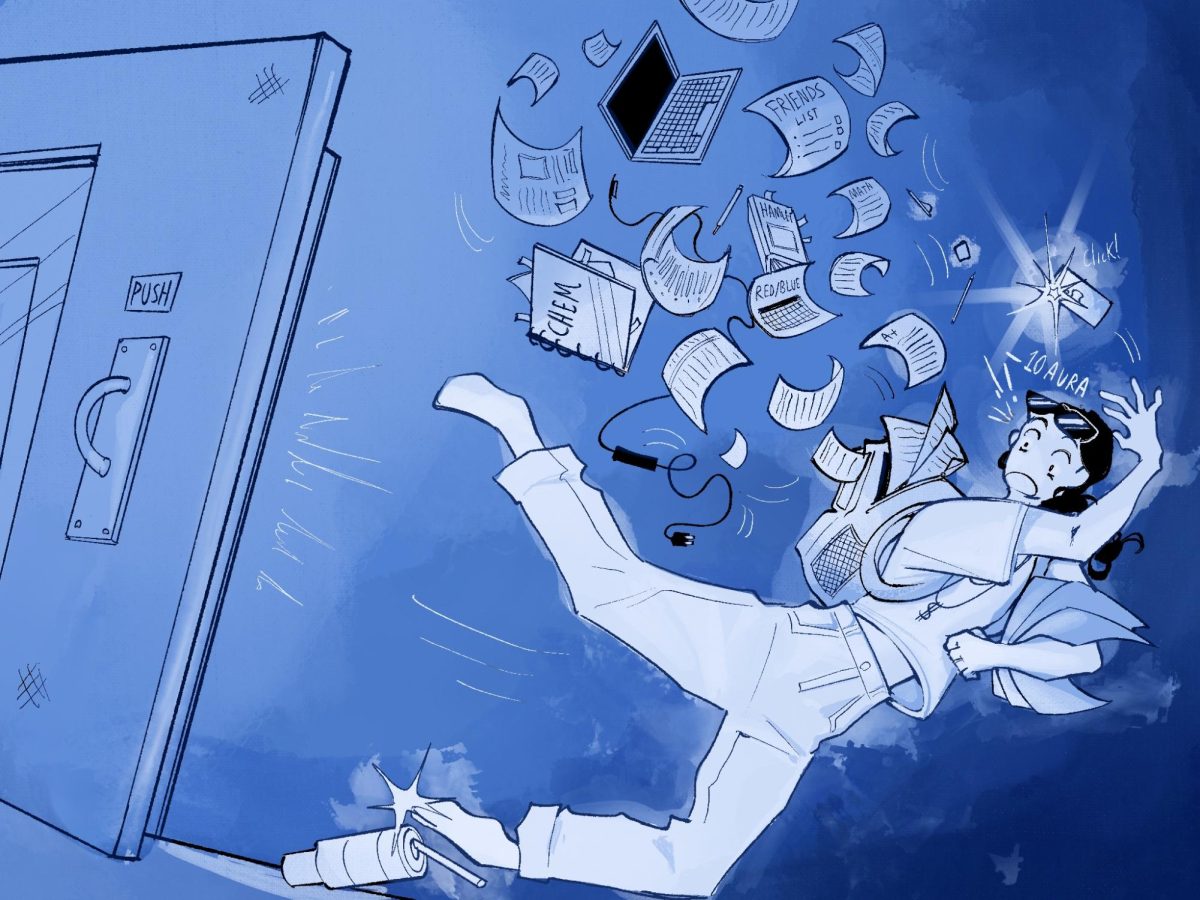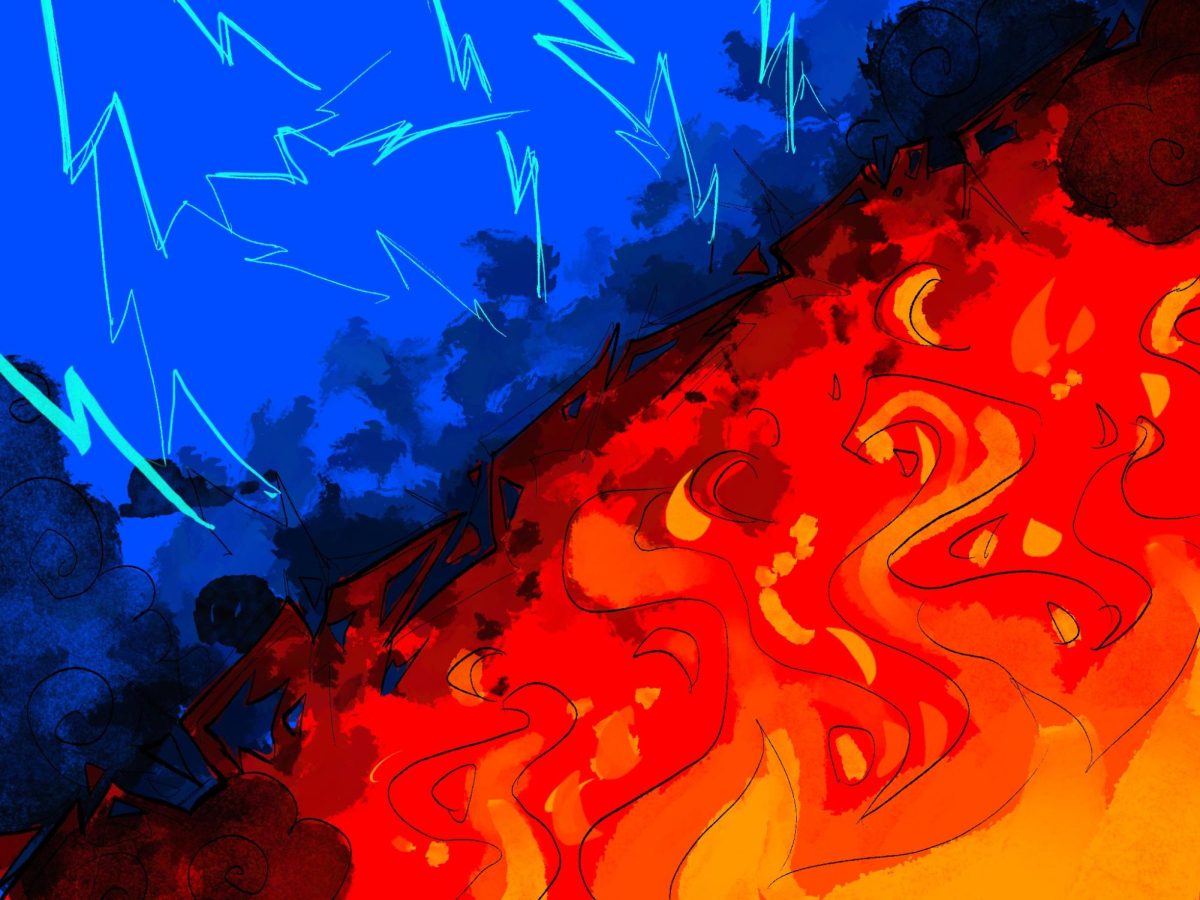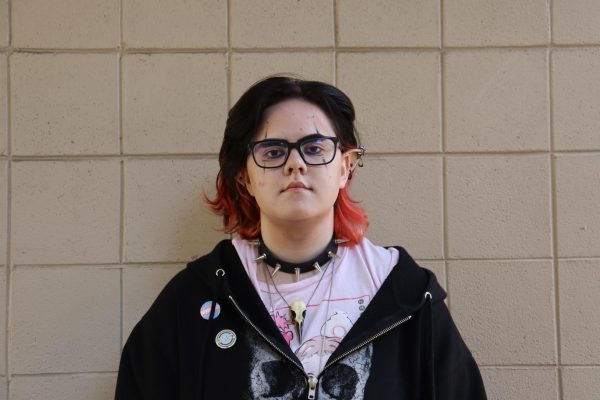Within hours of the second assassination attempt on Republican nominee Donald Trump on Sept. 15, social media comments spurred well into the thousands. “Fake news,” one user commented under the video of Trump’s Florida golf course. Other commenters reacted with laughing emojis. Most notably, Elon Musk published and then deleted a post on X that some took as a call for assassination attempts against President Joe Biden and Democratic nominee Kamala Harris; later, the founder of Tesla and SpaceX dismissed it as a joke.
Trump’s assassination attempts have only heightened fears of escalating unrest. In fact, political violence in the U.S. is currently at its deadliest since the 1970s. Political violence, simply put, is an affront to democracy, and is fueled by increasing polarization and apathy towards violence. Americans must reject hate-fueled rhetoric and violence in all forms.
A major cause of the increase in political violence may be social media. Internet rage produces what experts call “stochastic terrorism,” a quantifiable relationship between acts of terrorism and the perpetuation of hateful rhetoric in public discourse, aided by catastrophizing and fear generation in media sources.
In other words, experts say: If five people hate you, the likelihood of them committing violence against you is low. But what if 50,000 people hate you? Or 50 million? It simply becomes a numbers game.
This is the reality of America’s political landscape. In the years leading up to the 2024 election, political strife has only increased. Take the Jan. 6, 2021 insurrection: at least seven deaths and 140 injuries were connected to the attack, according to a bipartisan Senate report. The aftermath stood as a testament to an unprecedented assault on democracy; never before had claims contesting the fairness of a U.S. election resulted in protestors breaking into the Capitol. Trump himself was indicted in August 2023 on felony charges for his role in the incitement of the riot.
However, in any functional democracy, no political leaders, including Trump, should fear being killed.
Don’t get me wrong, I’m not a fan of Trump — but empathizing with Trump after his July near-death experience at a rally in Pennsylvania and believing that he is morally corrupt are not mutually exclusive.
Tangentially, his presidential campaign has also become a medium for hateful rhetoric, where after making false, racist claims about immigrants in Springfield, Ohio, schools soon received bomb threats.
If anything, high-profile figures like Trump and Musk should not be amplifying conspiracy theories; their words carry enormous weight across the nation. By posting and promoting inciting content, these figures are only stoking the flame.
Coupled with rising rates of polarization, it is even more crucial for a no-tolerance policy of political violence in America. When jokes like Musk’s are received on social media, it serves as a form of social permission for the violence to continue. Even in the aftermath of Jan. 6, Americans remain, on average, indifferent to the insurrection.
The bottom line: Violent extremism cannot be justified in any case. It is your right to hate someone, but that hate cannot be an excuse for violence toward another, however morally corrupt they may be.
Resisting extremism is preserving democracy. Full-throated condemnation of violence must be issued in order to prevent further radicalization on both ends of the political spectrum. If not, retaliatory violence may end up spiraling the nation out of control. And it must be within the duties of influential figures and citizens to reject violence through discourse.

